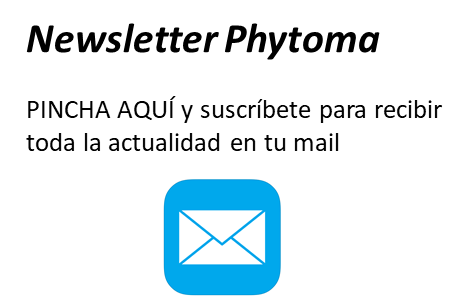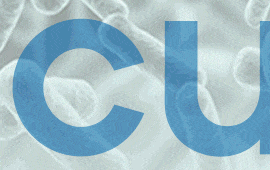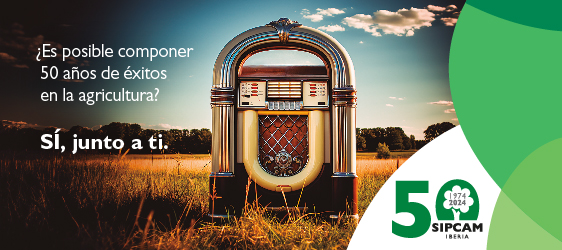por preservar la salud de personas y del ecosistema, han estimulado en los últimos años importantes acciones legislativas para minimizar los riesgos asociados a la utilización de fitosanitarios.
En este artículo se presentan los resultados obtenidos en cítricos por el proyecto PERFECT-LIFE “Reducción de plaguicidas mediante el uso de tecnologías de fácil uso para reducir el impacto medioambiental”, financiado por el programa Life de la UE, en cuanto a la reducción de la contaminación ambiental y exposición humana por fitosanitarios en condiciones de campo gracias al uso de las herramientas desarrolladas y las tecnologías de fácil uso implementadas para mejorar la eficiencia de las aplicaciones de fitosanitarios en cítricos dentro del marco del proyecto.
Las experiencias realizadas han permitido demostrar que el uso conjunto de estas herramientas y tecnologías en cítricos reducen en un 81% las pérdidas totales al medioambiente, lo que se traduce en una reducción de la exposición dérmica de transeúntes de un 82%, y del operador de un 92%. Además, su uso ahorra un 42% del gasto en productos fitosanitarios como media, así como reduce hasta en 804 l de combustible y 97 h de tiempo de trabajo del tractor y de operador por cada 100 ha tratadas. Al mismo tiempo, este ahorro en combustible implica la reducción de emisiones de CO2 de hasta 2099 kg cada 100 ha tratadas.
The growing environmental awareness of European society, as well as the concern for preserving the health of people and the ecosystem, have stimulated in recent years important legislative actions to minimize the risks associated with the use of plant protection products.
This report presents the results obtained in citrus orchards by the PERFECT-LIFE project “PEsticide Reduction using Friendly and Environmentally-Controlled Technologies”, financed by the EU Life program, in terms of the reduction of environmental contamination and human exposure by plant protection products ts in field conditions thanks to the use of the tools developed and the easy-to-use technologies implemented to improve the efficiency of pesticide applications in citrus within the framework of the project.
The experiences carried out have shown that the joint use of these tools and technologies in citrus reduces total losses to the environment by 81%, which translates into a reduction of potential dermal exposure of bystanders by 82%, and of operators by 92%. Furthermore, its use saves an average of 42% in spending on pesticides, as well as savings of up to 804 l of fuel and 97 hours of tractor and operator work time per 100 hectares treated. At the same time, this fuel saving implies a reduction in CO2 emissions of up to 2099 kg per 100 hectares treated.













